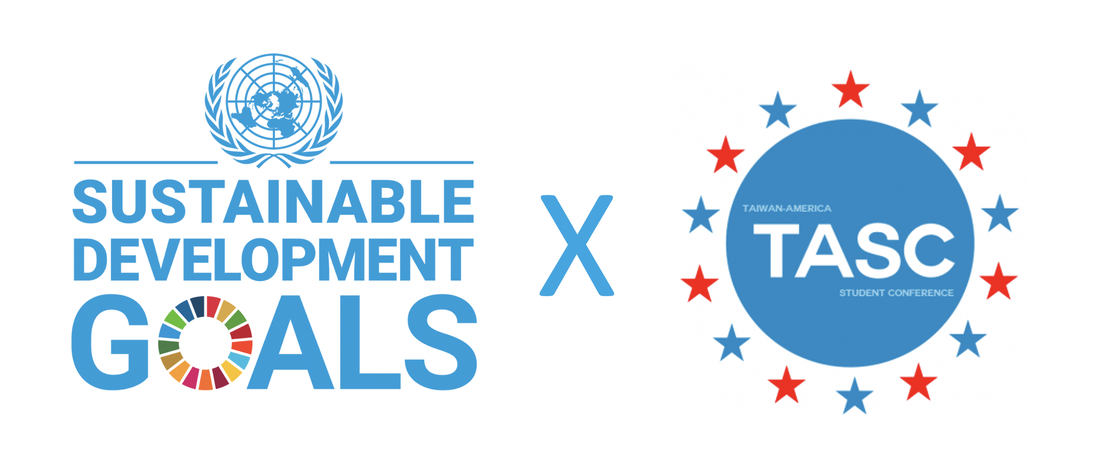2021 Roundtable Topics
This years roundtables are based off the UN's 17 Sustainable Development Goals (SDGs), which were adopted by United Nations General Assembly in 2015 as a part of the 2030 Agenda for Sustainable Development. They are a collection of 17 interlinked goals designed to be a "blueprint to achieve a better and more sustainable future for all".
Note: This event is not sponsored or associated with the United Nations.
Note: This event is not sponsored or associated with the United Nations.
ZERO HUNGER
|
In the face of COVID-19, an unprecedented hunger crisis is emerging as we have millions of people becoming unemployed and food banks struggling to meet their demands. On top of that, climate change exacerbates the water scarcity and food crisis, notably the locust plague 2020. Taiwan has maintained a low food self-sufficiency rate: 34.6%. The food crisis is not something unknown to us; Taiwan relied on an emergency storage of food to put up with the 2008 world food price crisis. Many crop-growing countries have limited their exports due to natural disasters, leading to a vicious cycle of global food crisis. Delegates will discuss topics such as the proportion between cash crops and subsistence crops, the promotion of eating local food, and the concept of food miles to explore the food emergency's issue.
|
Further Reading:
|
GOOD HEALTH AND WELL-BEING
|
Long-term care (LTC) is regarded as a crucial social welfare. Aging comes with dementia, cognitive degeneration, and countless chronic illnesses and disabilities. On average, each Taiwanese requires 7.3 years of long-term care service and an American requires about 2 years. Recently, the income source for long-term care services has become the primary concern of the elderly, with the lack of LTC funding from the government. Nonetheless, many countries have turned co-living of youth and senior citizens into practice, given that youth receive discounted rent. Suggest how can the general public and governmental institutions perform and collaborate better for a brighter future.
|
Further Reading:
|
QUALITY EDUCATION
|
Problem-solving, innovations, and entrepreneurship often require individuals to think outside of the box. How can our education possibility facilitate horizontal thinking? While we acknowledge fluency in foreign languages as a practical skill set, how can students develop their cultural appreciation and global mindset at the same time? Is our current educational system good enough to inspire and motivate students with different talents and passions? While the phenomenon of urban-rural education inequality is ubiquitous, how can we bridge the gap by making resources more accessible? Are students under this educational system still passive and lacking autonomy? Discuss what needs to be done to achieve an idea-driven, creative, and inclusive society.
|
Further Reading:
|
SUSTAINABLE CITIES AND COMMUNITIES
|
Cities and communities should serve as safe, inclusive, sustainable shelters for everyone. Thus, what young adults are concerned about is the overheated housing market, which makes living unaffordable for those who just started career building. With what plans to refine the social housing and housing rental market should we come up? Another problem to concern would be revitalizing communities by preserving their local culture and attracting younger generations to return. How to propose innovative ideas to generate placemaking? On the other hand, environmental sustainability would be our foremost concern. Could we come up with daily environmental-friendly strategies that are easy to put into practice in urban areas?
|
Further Reading:
|
Roundtable - Delegate's Choice
This year the fifth roundtable will be chosen based on the delegates interest in one of the three following goals.
Click on each to read further into each of the goals as described by the United Nations.
Click on each to read further into each of the goals as described by the United Nations.

